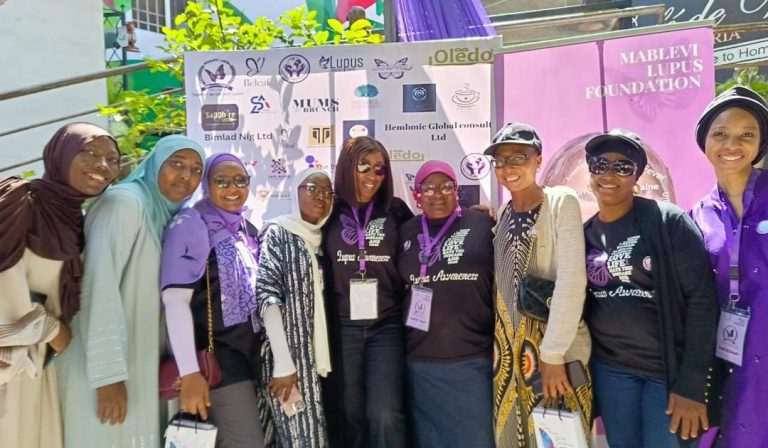Experts have called for greater awareness of lupus to promote better access to healthcare for those living with the condition.
The call was made on Saturday at a lupus awareness programme organised by the Mablevi Lupus Foundation in collaboration with the Lureg Support Foundation, Beleaf Autoimmune Support Foundation, and Lupus Advocacy Centre. The event, held in Abuja, was themed “Lupus Awareness: Impacts and Possible Measures to Better Healthcare.”
According to the online health portal Mayo Clinic, lupus is an autoimmune disease that occurs when the body’s immune system attacks its own tissues and organs. Inflammation caused by lupus can affect various body systems, including the joints, skin, kidneys, blood cells, brain, heart, and lungs.
The condition is more common in women and affects people of all ages but is most often diagnosed between the ages of 15 and 45.
Speaking at the event, Consultant Rheumatologist at Jos University Teaching Hospital, Plateau State, Dr Pam Dung-Gwom, noted that although there is no cure for lupus, research is underway to develop better treatment options.
“We still just manage patients; we don’t have a cure for lupus. However, recent research on CAR T-cell therapy, where a patient’s immune cells are modified and reintroduced, shows promise in achieving a cure, though it is still experimental,” Dung-Gwom explained.
He added, “Lupus can affect various parts of the body, causing chest pain, joint pain, swelling, and stiffness. Patients need to be educated, exercise regularly, watch their diet, join support groups for encouragement, and avoid junk and sugary foods.”
Consultant Nephrologist at the National Hospital, Abuja, Dr Blessing Dawudu, described lupus as a debilitating and disabling health condition. She emphasised the importance of early diagnosis and treatment.
“Lupus can affect different organs, including the kidneys. The symptoms can be subtle, so we advise regular screenings. A simple urinalysis during a hospital visit can guide diagnosis. In some cases, a kidney biopsy is necessary to classify lupus nephritis and determine appropriate treatment,” Dawudu explained.
She urged regular medical check-ups, including basic tests like urine analysis and blood pressure monitoring, to aid early detection and better management of the disease.
Founder of the Mablevi Lupus Foundation, Safinat Emengo, shared her motivation for establishing the non-governmental organisation, citing her personal experience with systemic lupus erythematosus.
“There are various types of lupus, but systemic lupus erythematosus primarily affects me. Lupus impacts mostly women and even children, yet it remains largely unknown. Many sufferers feel unheard.
“Our goal is to establish a lupus centre in Nigeria to provide immediate and specialised care. We also hope the government will create policies to encourage research into lupus and support measures that can eventually lead to a cure,” Emengo said.
She added that many people in Nigeria are unaware they have lupus, underscoring the urgent need for public awareness.
Dr Kamil Shoretire, Director of the Health Planning Research and Statistics Department at the Federal Ministry of Health and Social Welfare, represented by Population Programme Officer Esther Ogbonna, stressed the importance of early detection and access to specialised care.
Shoretire highlighted the need to develop lupus-specific diagnostic criteria, improve access to rheumatologists, and expand specialised care for lupus patients.
